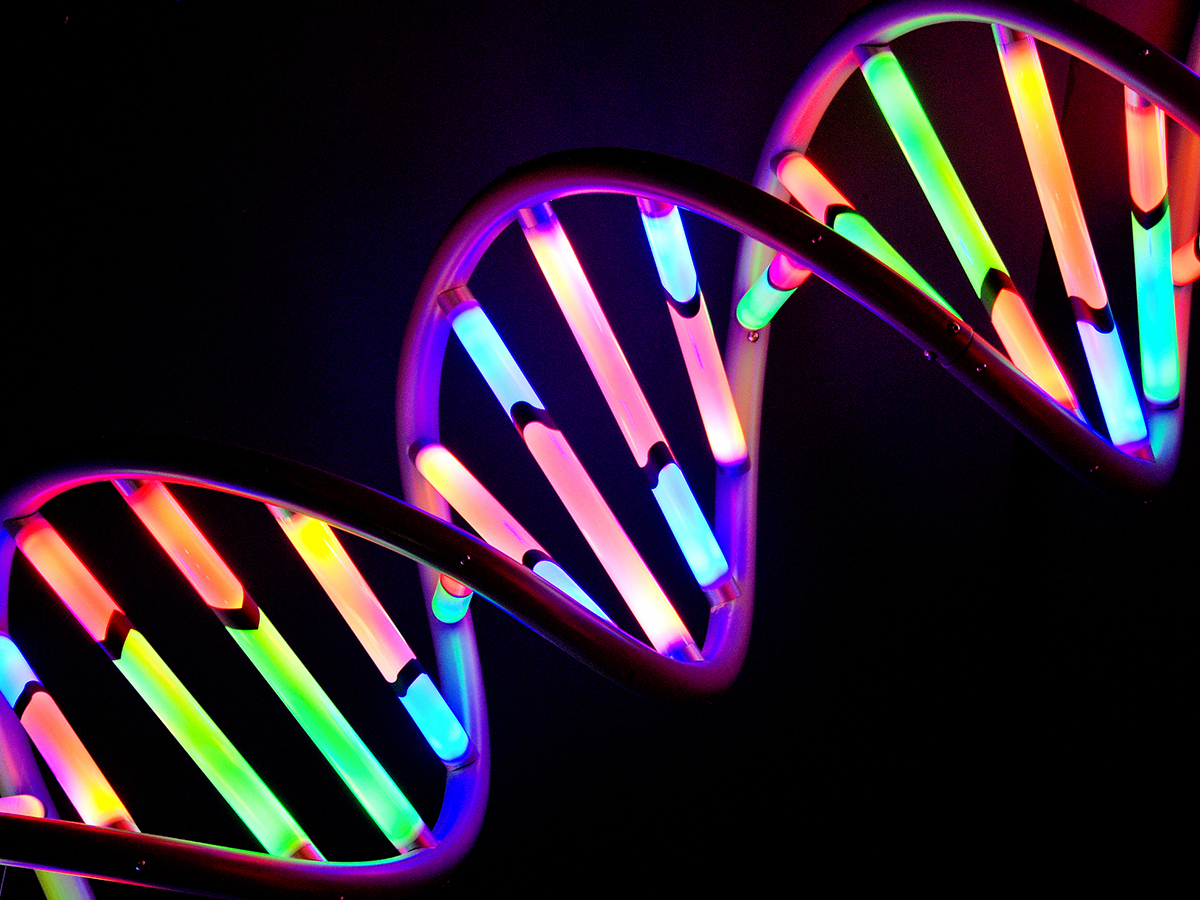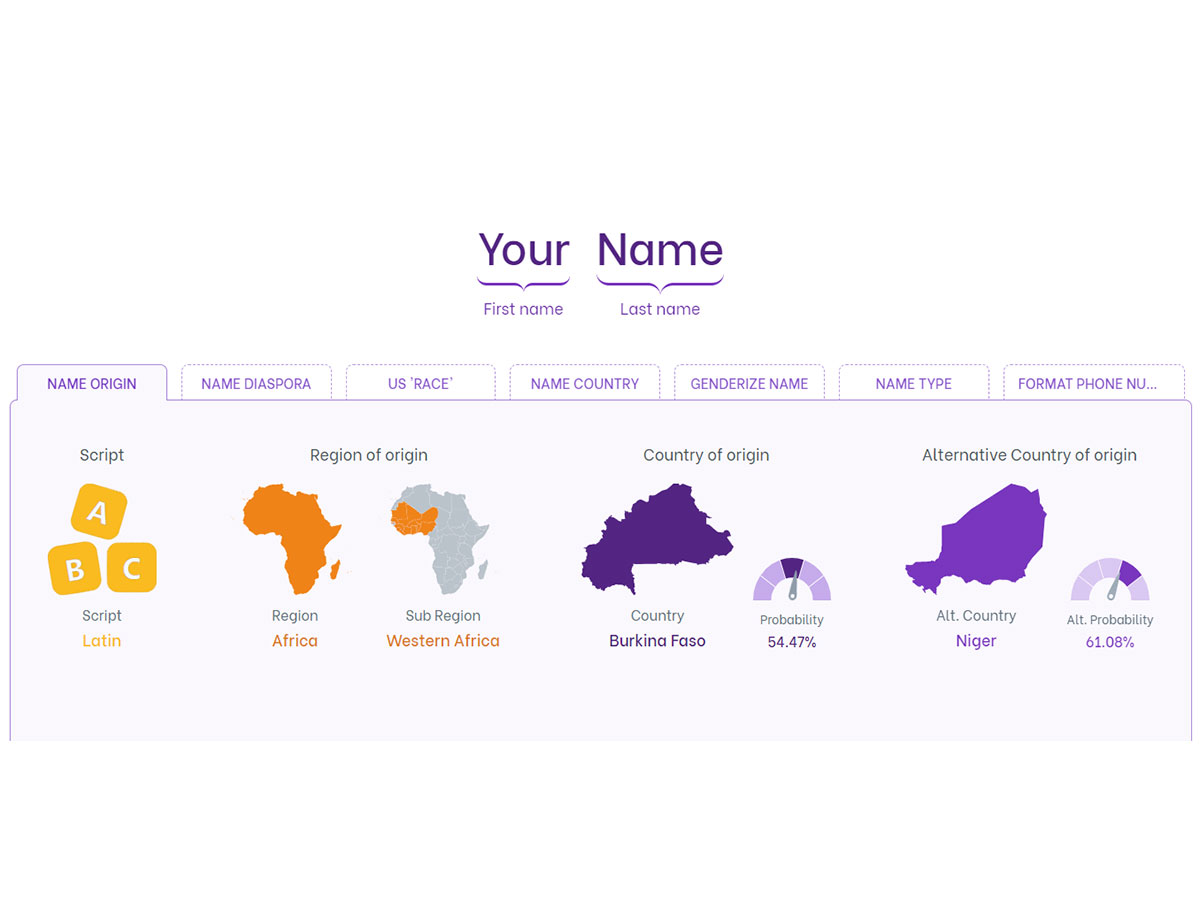
July 5, 2023
I get many questions about using DNA testing for genealogy research. Will the results tell you who your ancestors are? Well, DNA is only part of the research. The other parts include actual records research and exploring your DNA matches. Let us start with the ethnicity estimate you will get when you do a DNA test.
You will start with either a spit test or cheek swab, depending on which company the DNA kit is from. Once completed, you will submit your sample to the testing company. They analyze the sample and post your ethnicity results on a DNA page set up for you.
What is an ethnicity estimate? It is an estimate of the possible historical origins of your ancestors. People who identify with each other culturally and linguistically are ethnicities. To estimate your ethnicity, the testing company looks at thousands of DNA markers, called SNPs (“snips”). People inherit SNP groupings called haplotypes. The testing company compares the haplotype to your SNPs to determine your ethnicity estimates.
That is the simple way to explain it. Once you receive your ethnicity estimate, you can compare those results to your records research to see if both agree. As many TV crime shows and geneticists will say, “DNA doesn’t lie,” so be sure to verify your research with records and sources.
Remember these ethnicity estimates tell you about possible historical origins. These estimates go back hundreds to thousands of years. Countries and populations change, so if you discover an ethnicity that you haven’t found in your research, investigate that location’s history. You might be surprised at who lived there further back in time.
Here is an example. Your research indicates you have northern Italian origins, but your ethnicity indicates a percentage of German origins. As you look at the history of the region, you find that Germanic people occupied that portion of Italy before Italy became a country.
So you have your ethnicity estimate. These may update from time to time depending on the method testing companies use. Now what? Well, along with those estimates, you will also get possible matches from other people who took the same DNA test. They may have a tree with similar surnames. In part 2 of our DNA and Genealogy blog due out later this month, we will talk about matches and how to use them to fill out your tree or discover a possible connection with someone else.
Sheri V.
Midwest Genealogy Center
Read Similar Blogs:
Genealogy







